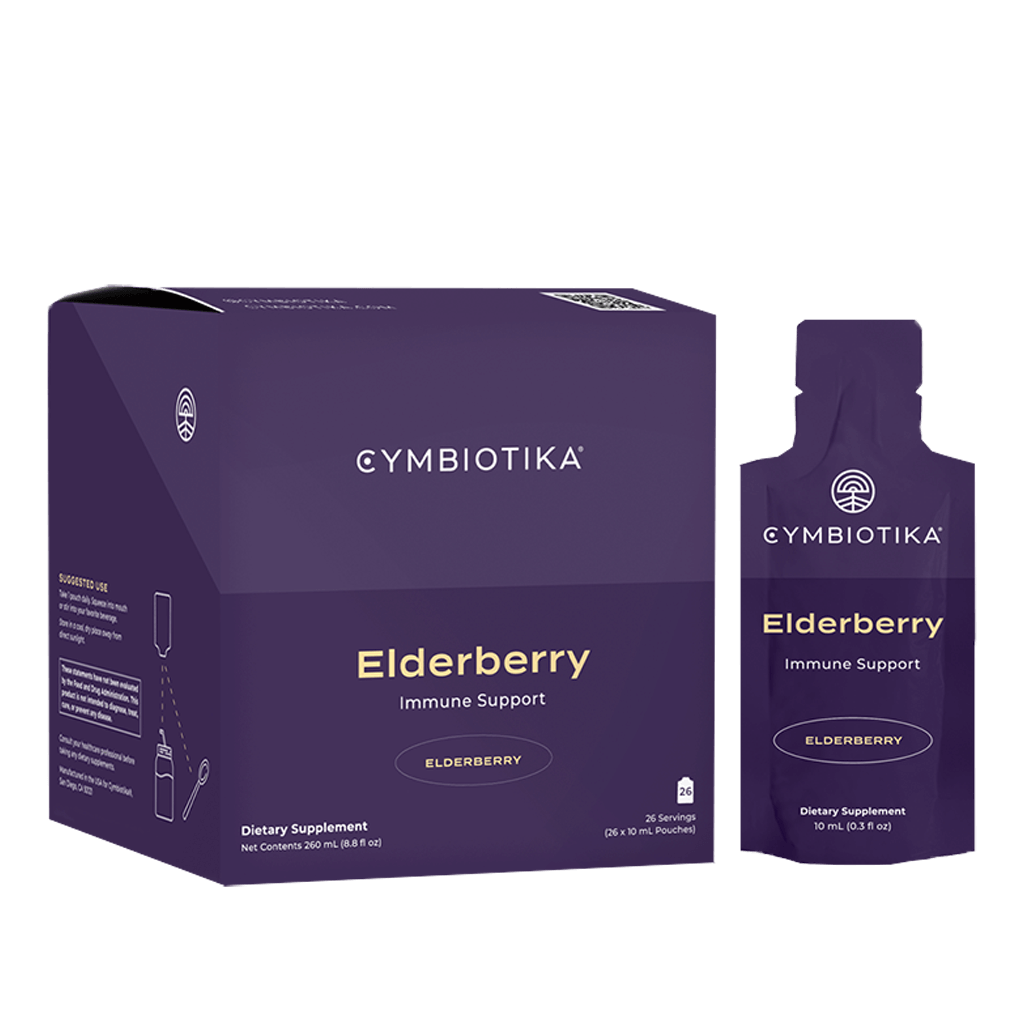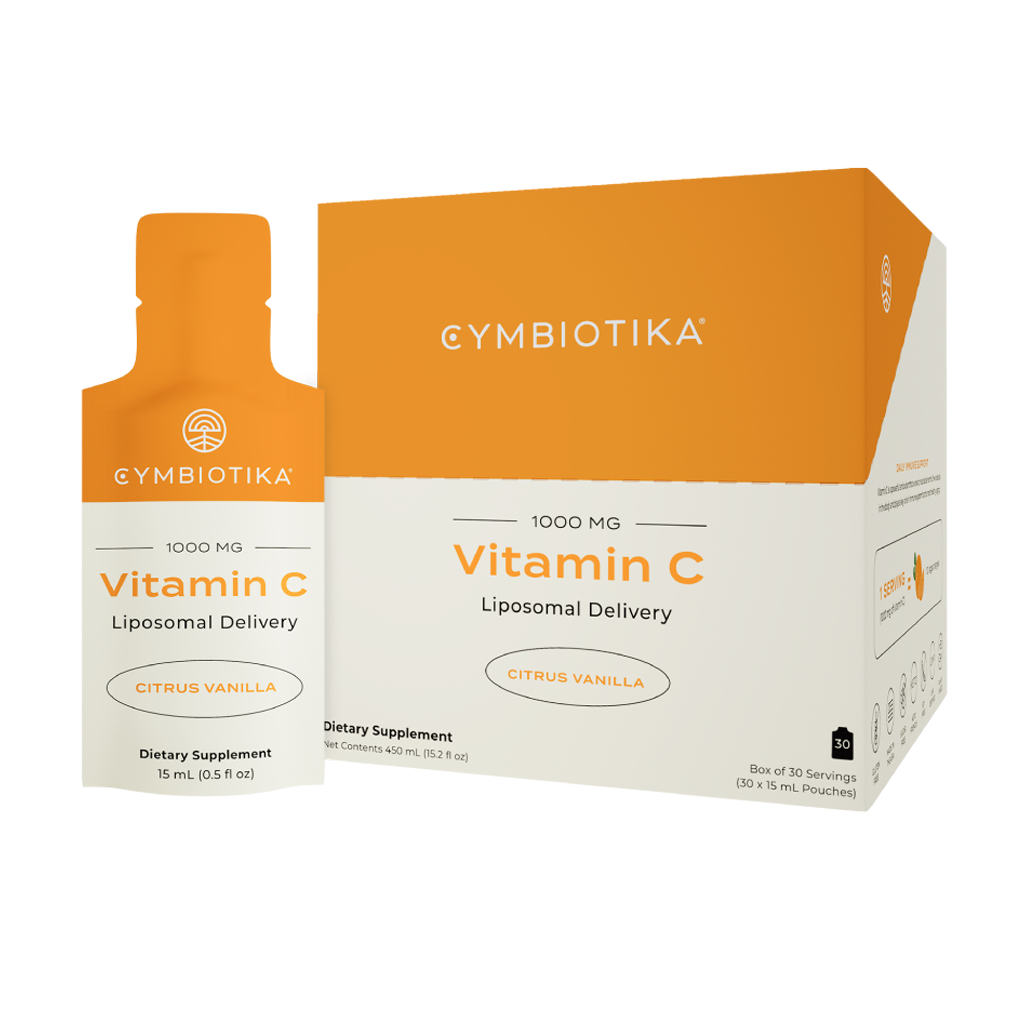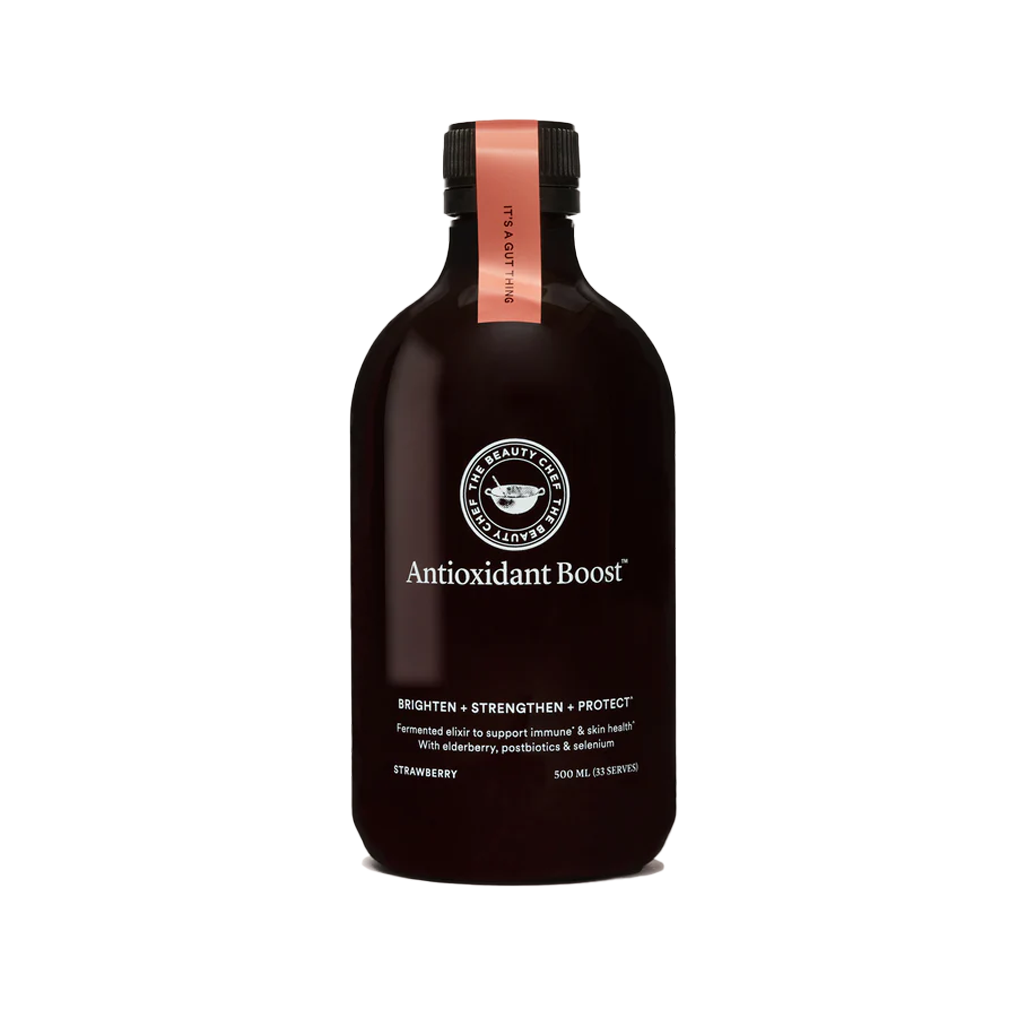Winter illnesses such as the cold and flu can be inconvenient and debilitating, often forcing us to take time off work and bringing our lives to a halt. But just because there are more bugs around, it doesn’t mean we have to catch them.

However, an immune system can only do this critical work when it’s functioning correctly. Unfortunately, there are many factors that can compromise how it functions. Nutrient-devoid diets high in processed and packaged foods, refined sugar, refined grains, vegetable seed oils, preservatives and additives, stress, lack of sleep, antibiotic use, exposure to environmental toxins and lack of sunshine all impair the function of our immune systems, making them less effective at protecting us from sickness throughout the winter.
Fortunately, there are just as many ways we can bolster our immune systems, giving them the resources they need to do their jobs and keep us healthy and vibrant.
Vitamin C is a potent antioxidant that neutralises free radicals, lowering levels of oxidative stress and inflammation in the body. It protects immune cells from free radical-induced damage and enhances the function of phagocytic cells – protective cells that ingest and destroy harmful microbes.
Vitamin C also stimulates the proliferation of certain immune cells, including B- and T-lymphocytes. This vitamin also supports the function of the epithelial barrier providing protection against pathogens. Studies have identified that getting sufficient vitamin C in your diet can help to speed up recovery from respiratory illnesses like the common cold and alleviates the symptoms of respiratory infections.
Although vitamin C is essential for human beings, your body cannot produce it. It therefore must be consumed through your diet. Foods such as capsicum, citrus fruit, broccoli, blackcurrant berries and mango all contain high levels of vitamin C and provide easy ways to get it into your system.
One of the reasons we are more susceptible to colds and flus over winter is that reduced daylight hours and the cold and rainy weather prevent us from spending time outdoors. Less exposure to sunlight depletes our vitamin D stores and this sunshine vitamin has a key role in modulating our immune systems.
Vitamin D deficiency impacts close to 50% of the global population and increases susceptibility to infections. There are also links between vitamin D deficiency and autoimmune diseases like rheumatoid arthritis, Hashimoto’s thyroiditis and multiple sclerosis (MS).
The best way to get vitamin D is to expose your skin to sunshine. The UVB wavelengths of light required for vitamin D synthesis are higher in concentration around midday, so exposing your arms and legs to 15-20 minutes of midday sunshine 3-4 times per week sets you up for the week. During the colder winter months, it is important to include vitamin D rich foods in your diet, such as cod liver oil, wild-caught fatty fish (sardines, salmon), egg yolks and beef and chicken livers.

3. Increase your intake of ‘active’ vitamin A
Vitamin A has been referred to as the “anti-inflammation vitamin” because of the key role it plays in enhancing immune function. Vitamin A is important in the development and differentiation of the epithelium and mucous membranes of the body, including those that line the nose, sinuses, mouth and gut.
Vitamin A also promotes the secretion of mucin, the most abundant macromolecules found in the mucous layer lining the gut and respiratory tract. This mucous layer plays a role in improving the antigen non-specific immunity function of these tissues.
Contrary to popular belief, beta-carotene found in carrots, pumpkin and other vegetables is not vitamin A and must go through an enzymatic conversion to become active vitamin A. For many people, especially those with a SNP (mutation) in the BCo1 gene, this conversion is low. Preformed vitamin A on the other hand is the active form of vitamin A found in animal foods including wild-caught fatty fish (sardines, salmon), cod liver oil, egg yolks and beef and chicken livers.
Zinc plays a central role in the immune system. It supports the barrier function of the skin and is essential for the development and function of cells involved in innate immunity, including neutrophils and natural killer cells. Zinc helps to keep inflammation under control, by controlling the release of inflammatory cytokines (proteins), preventing damage to tissues. It is also involved in the regulation of genes within lymphocytes (T and B cells) and plays a role in the phagocytosis and cytokine production by macrophage cells (immune cells that engulf pathogens).
Zinc deficiency is common in NZ, due to the soil being depleted of this essential mineral. High consumption of diets that lack zinc-rich foods is also a major cause. People that are zinc-deficient have an increased susceptibility to infection by a variety of pathogens. There are links between zinc deficiency and infectious diseases including measles, pneumonia, malaria and Tuberculosis.
Increase zinc in your diet by including oysters and other shellfish, quality red meat, pumpkin seeds and other seeds and nuts.
A healthy gut is essential for a healthy immune system. Around 70-80% of our immune cells are located in the gut and the gut microbiome plays an important role in programming the immune system in early life. Studies on mice have identified that a sterile environment in the gut doesn’t allow the immune system to develop properly.
Gut dysbiosis, or an imbalance in the gut microflora, can occur due to antibiotic use, gut infections, poor diet, chronic stress and toxin exposure. Gut dysbiosis contributes to lingering chronic inflammation, a weakened immune response and immune system dysregulation which is linked to the onset of allergies and autoimmunity.
Ways to improve your gut health include eating probiotic rich foods like sauerkraut, kefir and coconut yogurt as well as a diverse range of colourful vegetables, which provide the prebiotics to feed beneficial gut bacteria.
Incorporating bone broth and meat stock from slow cooked gelatinous cuts of meat into your diet has the additional benefit of providing amino acids like glycine and proline which help to heal and seal the gut lining, improving gut integrity for lower inflammation and healthy immune function.

6. Manage your stress levels
Physiological changes, such as a rise in heart rate, that follow exposure to an acute stressor are designed to help us escape threat. Unfortunately, many people experience stress on a regular basis and our stress response system isn’t designed to cope with this repeated exposure.
During periods of chronic stress, it is common to feel run down. Our immune system function will often become compromised, due to the rise in cortisol and other hormones, making us prone to new infections and illnesses.
Chronic stress may also result in the reactivation of dormant viruses such as herpes simplex virus, manifesting in cold sores and other symptoms. Long-term exposure to stress is associated with higher levels of pro-inflammatory cytokines, chronic inflammation and dysregulation of the immune system which has been linked to autoimmunity.
The first step to managing your stress levels is to tune into the root cause. For example, mental and emotional stress may be triggered by everyday challenges such as work deadlines or relationship issues, while physical stress can come through extreme practices such as overexercising or undereating.

Once you have identified the triggers for your stress, try to find solutions. For instance, delegating tasks to family members, limiting your number of weekly commitments or swapping one of your high intensity workouts for a gentle mindful movement practice. You may also benefit from exploring if you have a tendency to overcommit, and asking yourself if this comes from a need to please others or difficulty saying no.
The next step is to adopt a practice that will help regulate your nervous system. Mind-body techniques like meditation, yoga, Tai chi and deep diaphragmatic breathing are great ways to engage the vagus nerve and bring our nervous system into a calm and relaxed state.








